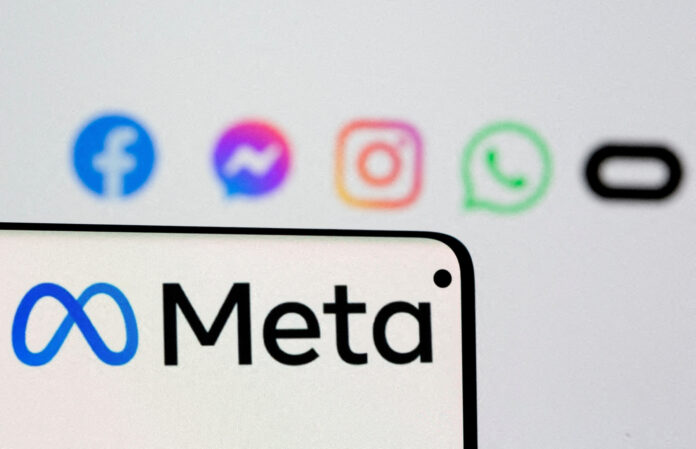Meta Platforms faces a high-stakes antitrust trial starting Monday in Washington, where U.S. regulators seek to force the company to unwind its acquisitions of Instagram and WhatsApp.
The Federal Trade Commission alleges that Meta spent billions more than a decade ago to eliminate emerging competitors and solidify its dominance in social media. The case, originally filed in 2020, aims to restructure the tech giant and could have a profound impact on the future of its business.
Meta’s Chief Legal Officer Jennifer Newstead criticized the case as weak and harmful to tech investment, noting in a blog post that it is “absurd” to try to break up an American company while the government simultaneously targets Chinese-owned TikTok. The FTC, meanwhile, emphasized its preparedness, with a spokesperson praising the agency’s legal team as among the “most hardworking and intelligent” in the country.
CEO Mark Zuckerberg is expected to testify at the trial, defending past emails in which he suggested acquiring Instagram and WhatsApp to neutralize potential threats. Meta argues that those statements are outdated and that its business now faces intense competition from platforms like TikTok, YouTube, and Apple’s messaging services.
The company claims that its acquisitions have ultimately benefited consumers by improving user experience.
Central to the case will be how users engage with social media and whether platforms like Snapchat and MeWe are viable alternatives for sharing with friends and family. The FTC contends that broadcast platforms such as TikTok, YouTube, and Reddit serve different purposes and are not direct competitors to Meta’s core services.
Judge James Boasberg has ruled that the FTC provided enough evidence for the case to proceed but acknowledged the agency faces significant hurdles at trial. The trial is expected to continue into July, with a second phase necessary if the FTC prevails, where remedies like divestitures would be evaluated.
A loss of Instagram could be catastrophic for Meta, as industry estimates suggest the platform generates more than half of the company’s U.S. ad revenue. Although WhatsApp currently contributes less to the bottom line, it remains Meta’s largest app by daily users and a key part of its future growth strategy through business messaging.
The case is one of several major antitrust actions underway against Big Tech companies, with Amazon, Apple, and Google also facing lawsuits.




